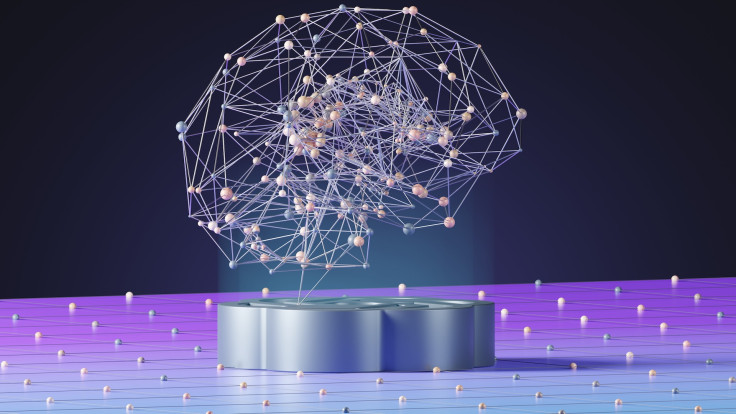Getty Images CEO Calls for Supporting Creative Industries With Licensed Imagery AI Training
Getty Images CEO Craig Peters thinks licensed images could be used for AI training as the UK government says it would take a balanced approach to support both the UK creative industry and AI companies.

Digital image libraries like Getty, Alamy and Shutterstock are facing the brunt of the artificial intelligence revolution as AI companies are harvesting their material to train generative AI.
Amidst this, the UK government's emphasis on generative AI has further angered these digital image libraries as seen in the outburst of Getty Images CEO Craig Peters.
The Chief Executive of Getty, Craig Peters said that the UK Prime Minister Rishi Sunak must decide whether his government wants to back the UK creative industries or gamble on the AI boom.
Getty Images has taken AI image generators to court in the US and the UK for copyright infringement as AI companies keep using their image data to train generative AI.
According to the CEO of Getty, the UK government can't afford to gamble everything especially the UK creative industries on the AI revolution as the UK economy gets a major boost from it including UK jobs.
Peters said: "When I look at the UK, probably about 10 per cent of its GDP is sitting in the creative industries, whether that's movies, music, television. I think making that trade-off is risky. If I'm the UK, betting on AI, less than a quarter point of GDP within the UK today, significantly less than the creative industries, is a bit of a perplexing trade-off."
This comes at a time when writers and actors from the film and television industry across the US and UK went on strike for a major portion of 2023 as Hollywood studios and corporate houses were replacing them with AI.
Earlier in 2023, the Sunak government chalked out a plan to overcome the barriers faced by AI companies and users as they can't use copyrighted material from digital image libraries. In response to a consultation from the intellectual property office, the UK government said it will support AI companies in accessing copyrighted work for training AI models.
The creative industries are viewing this as a step backwards from the copyright exemption for text and data mining.
On Thursday, January 18, the government further elaborated on its stance when Viscount Camrose told the Commons Committee that it is taking "a balanced and pragmatic approach to the issues that have been raised, which helps secure the UK's position as a world leader in AI" while supporting the thriving creative sectors.
Using Licensed data a bane or boon for AI training?
The use of copyrighted text and images for AI training has come under the spotlight recently as the New York Times sued ChatGPT maker OpenAI and Microsoft for using news stories to train AI systems. While OpenAI never admitted that it used the newspaper to train GPT4, the New York Times got quotes from their articles in the AI system.
OpenAI said in the court then that "limiting training data to public domain books and drawings created more than a century ago might yield an interesting experiment, but would not provide AI systems that meet the needs of today's citizens".
In light of that argument, Getty Images CEO Craig Peters revealed that AI image generation is possible with a licensed regiment.
Citing its collaboration with Nvidia, Getty created its own AI image generation which is trained on licensed imagery.
"I think our partnership speaks exactly counter to some of the arguments that are put out there that you couldn't have these technologies with a licence requirement. I don't think that's the case at all. You need to take different tacks, different approaches, but the notion that there isn't the capability to do that, that's just smoke," said the CEO.
Earlier, the pirated ebooks dataset Books3 made by an AI group had to be taken down after it showed a choir of clothed women masturbating at their imaginary penises and singing. While the video showing this was taken down after an outcry from the authors it was already used to train other AI like LLaMa created by Meta.
This comes at a time when the world is rocked by AI lawsuits including one where 17 renowned authors including the Game of Thrones writer George RR Martin have sued OpenAI for a mass-scale systematic theft from their work.
In January last year, the first case against AI image generation was filed when a group of artists sued image generators in the US.
Although court verdicts and government regulations can't restrict this as most of it is available in the free domain, readily accessible by everyone the Getty Images CEO is optimistic of a better result if it is licensed.
"Those that produce and distribute the code, they ultimately have legal entities and they are subject to that. The question of what you're running on your laptop or your phone may be a bit more of a question, but there's individual responsibility there," said Peters, who has been leading the digital image library since 2019.
© Copyright IBTimes 2025. All rights reserved.






















